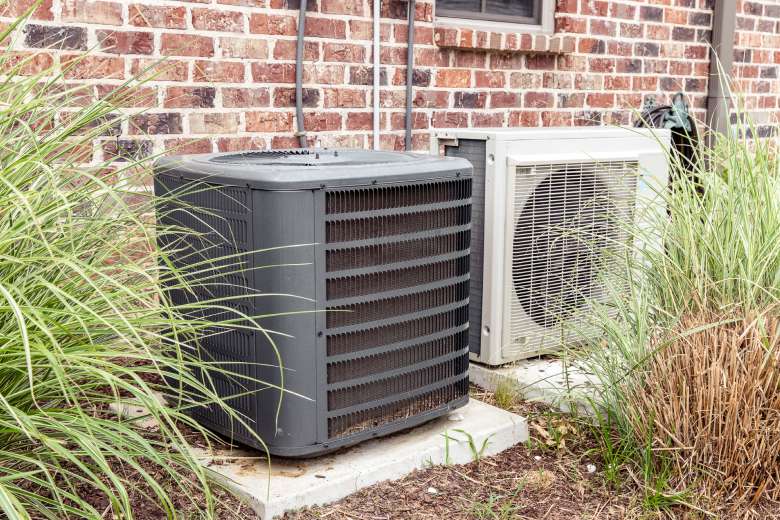Heat Pump Manufacturers Push the Technology to Provide Greener, More Efficient Heating
In recent years, heat pump manufacturers have increasingly focused on advancing technology to offer more sustainable and efficient heating solutions. These improvements are driven by the urgent need to address climate change and reduce reliance on fossil fuels. Heat pumps, which transfer heat from a source such as the air, water, or ground into a building, have traditionally been valued for their energy efficiency. However, ongoing innovations are pushing the boundaries of what these systems can achieve, making them even more environmentally friendly and cost-effective. One of the most significant developments in heat pump technology is the enhancement of their performance in colder climates. Historically, heat pumps struggled to provide efficient heating in low temperatures, which limited their adoption in regions with harsh winters. Modern heat pumps are now designed with advanced refrigerants and improved compressor technology, allowing them to operate efficiently even in sub-zero conditions. This has expanded their applicability and appeal in areas where traditional heating methods, such as oil or gas furnaces, were previously the norm.

Additionally, manufacturers are integrating smart technology into heat pumps, making them more adaptable and user-friendly. Smart heat pumps can be controlled remotely via smartphone apps, allowing users to adjust settings and monitor performance in real-time. This level of control not only enhances user convenience but also optimizes energy use, as the system can adapt to changing conditions and demand. By leveraging data analytics and machine learning, these smart systems can predict heating needs based on weather forecasts and occupancy patterns, further improving efficiency and reducing energy consumption. Another area of innovation is the development of hybrid heat pump systems. These systems combine heat pump manufacturers with traditional heating methods, such as gas boilers, to provide a more flexible and efficient solution. During milder weather, the heat pump handles the majority of the heating needs, while the boiler can be activated during extremely cold periods or when additional heat is required. This hybrid approach ensures optimal performance and energy efficiency across a range of conditions, offering a balanced solution for varying heating demands.
Manufacturers are also focusing on improving the sustainability of heat pump components. Advances in materials science have led to the development of more durable and environmentally friendly materials for heat pump systems. Additionally, efforts are being made to minimize the environmental impact of the production and disposal of these systems and get more info in this website www.jnodenergy.com. By adopting greener manufacturing practices and designing systems for easier recycling, manufacturers are working to reduce the overall carbon footprint of heat pumps. The push towards greener and more efficient heating solutions is not only about technological advancements but also about enhancing the economic viability of heat pumps. As the technology becomes more refined and production scales up, the costs associated with heat pump systems are decreasing. This makes them a more attractive option for homeowners and businesses looking to invest in sustainable heating solutions. Government incentives and subsidies are also playing a role in making heat pumps more accessible and affordable, further driving their adoption.